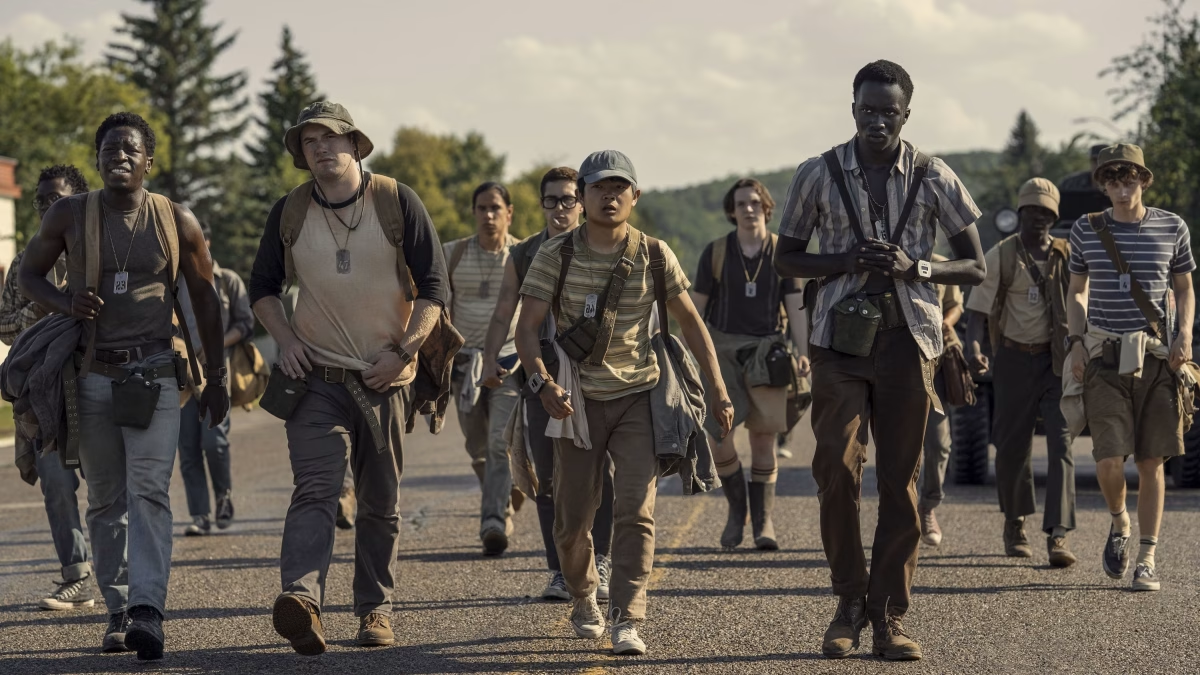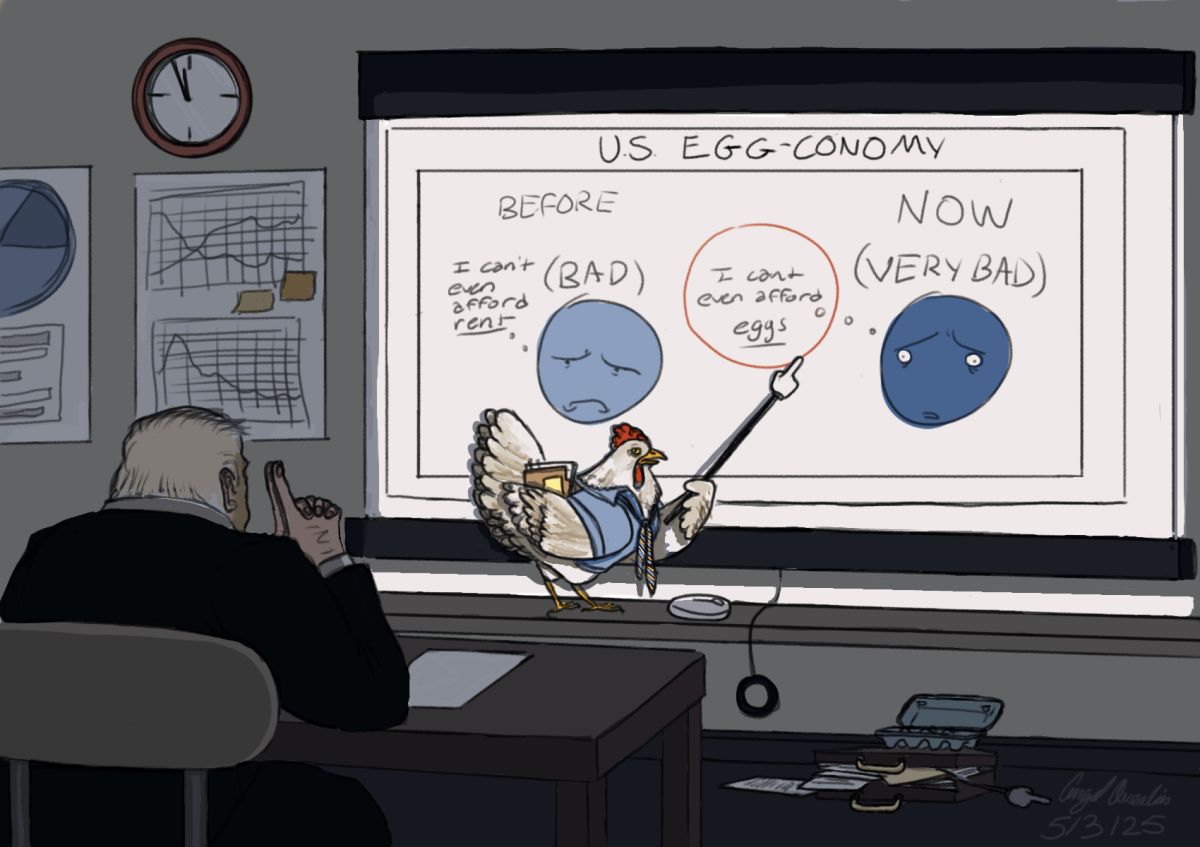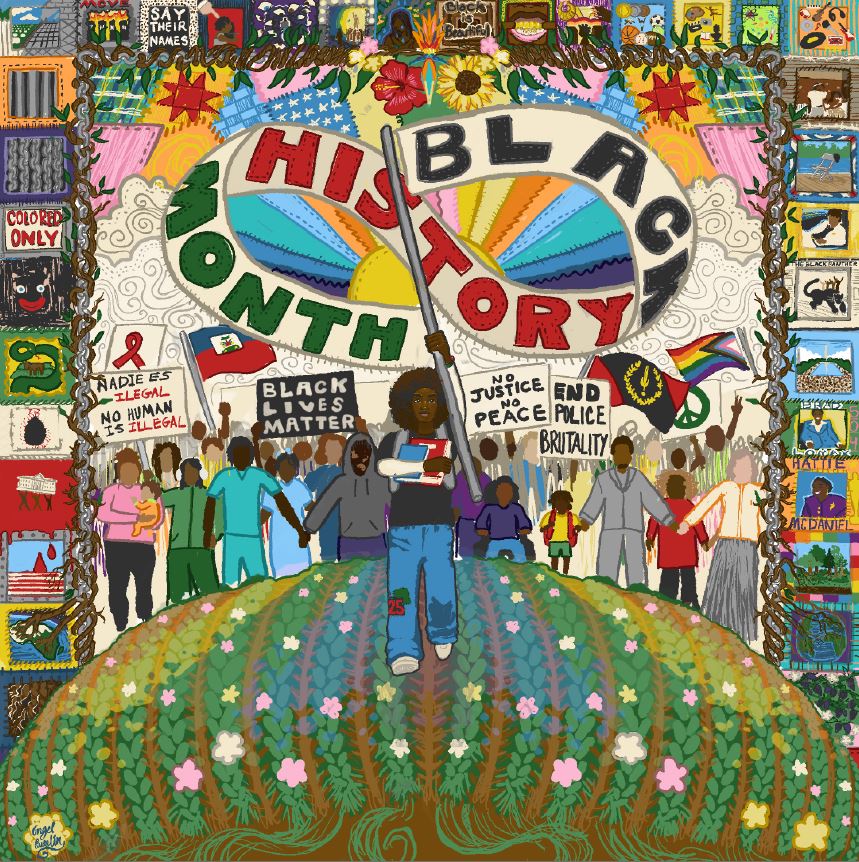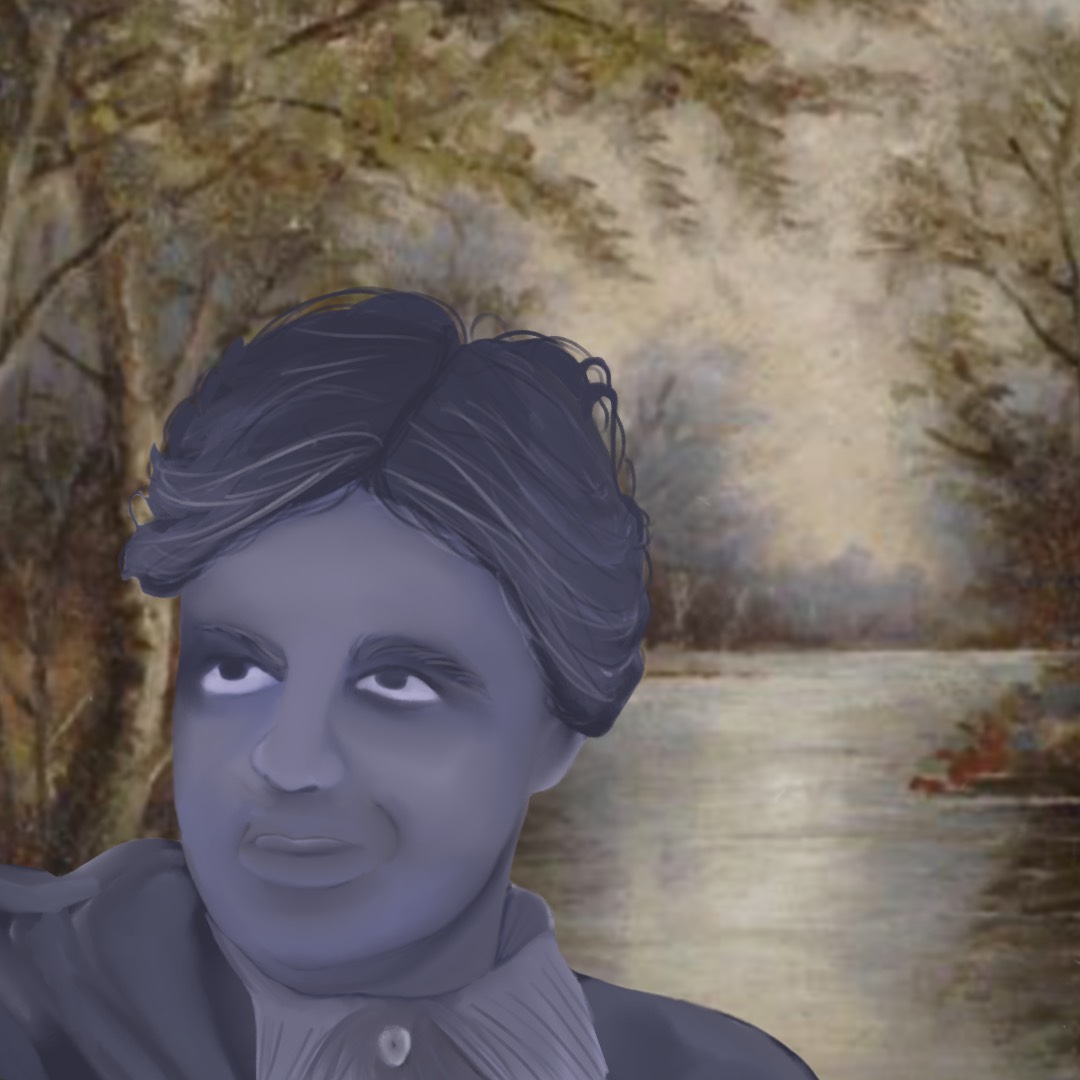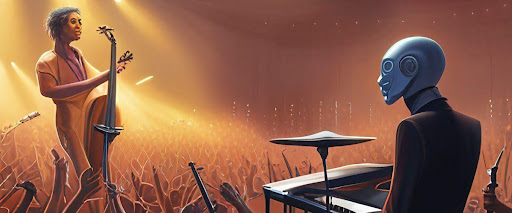
The history of music spans as far back as human civilization itself. The exploration and understanding of the medium can be traced to Pythagoras, a renowned Greek philosopher, who is known as the father of mathematics and music. He first recognized the harmonic relationships inherent in musical scales, such as octaves, fourths, and fifths, when he observed a blacksmith at work who was striking a hammer against metal. This discovery led him to believe in the idea that numbers are the essence of music and that music reflects the order of the cosmos.
Today, the symphony of artificial intelligence continues this exploration, transcending traditional boundaries and opening new musical frontiers that challenge the limits of creativity and ethics.
Artificial intelligence, more commonly known as A.I., has made remarkable advancements in the music industry, prompting discussions about its potential to replace human musicians. While A.I. can now generate pre-recorded content for various media and simulate live performances, a fundamental question persists: Can A.I. truly capture the essence of a human musician?
Dr. Michael Flank, an instructor from the Music Department at the College of Lake County (CLC), suggested that AI, particularly in its more recent form of machine learning, poses a threat to artists and composers due to its ability to input and organize massive amounts of information. However, he also acknowledged that AI is unlikely to ruin music.
“It will become another tool that musicians use to create music,” he said.
He also said that he believes that musicians, being adaptable individuals, will adjust to the new realities of AI.
Despite AI’s potential in music creation, there have been arguments that the intimate connection and shared emotions between a musician and their audience cannot be replicated by a machine.
But can AI lead a new era of musical enchantment where the melodies of tomorrow are crafted with the mix of technology and human imagination?
John Antonuccio, the Director and Associate Professor of the School of Media Arts and Studies at Ohio University, discussed the impact of AI on the music industry. He noted that AI empowers musicians and songwriters to create content rapidly, synthesize sound-alike vocals, and separate elements within the same track, among other capabilities.
Furthermore, Glenn, a jazz musician with experience performing in various downtown Chicago clubs and festivals, added that musicians are involved in creating pre-recorded content for various media, including commercials and films, as well as performing live in venues.
Musicians and actors are already taking steps to address issues arising from AI’s use in creating pre-recorded content, such as records or films, which resulted in the Screen Actors Guild-American Federation of Television and Radio Artists (SAG-AFTRA) strike in 2023. He also highlighted the ongoing legal efforts to establish fair ownership rights for AI-created content.
You can now build your own version of ChatGPT—here’s what to know by Cheyenne DeVo is an article about how the creator of ChatGPT revealed the recent development of a new AI tool that is now capable of creating a virtual clone of someone’s voice from a 15-second audio clip.
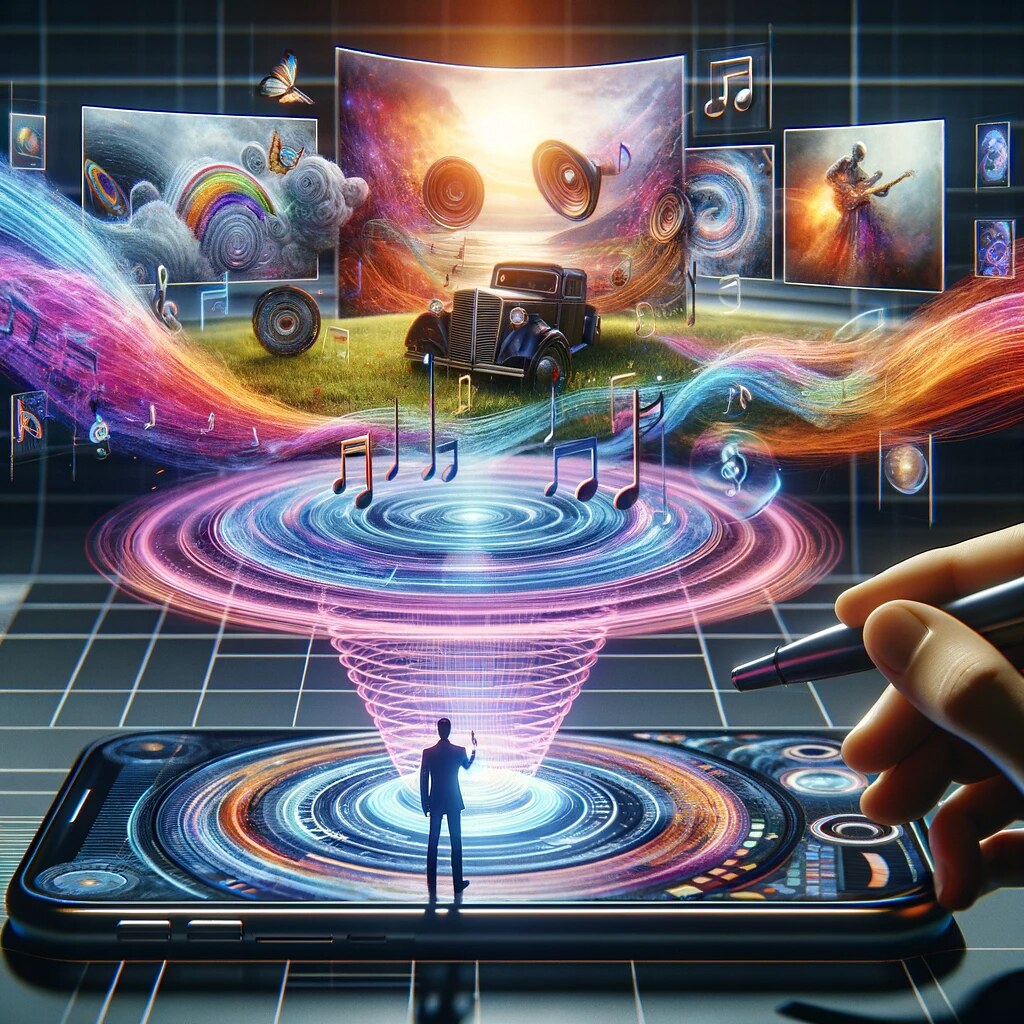
While the tool’s voice has not yet been made public, more than 200 music artists, including Nicki Minaj, Katy Perry, Billie Eilish, Stevie Wonder, J Balvin, and Bon Jovi, have signed an open letter expressing concern. In the letter, the singers asserted the need to protect against the predatory use of AI to steal professional artists’ voices and likeness, violate creators’ rights, and disrupt the music ecosystem.
According to a study by French and German music societies published in The Business Times, more than two-thirds of musicians fear that artificial intelligence will make it impossible to make a living.
Contrary to this discussion, Glenn argued that AI is not yet capable of competing in a real performance venue. “When a dance club plays a CD through giant speakers, that’s not a real performance,” he said before adding that if they replaced the pre-recorded music with real-time-generated AI music, the audience wouldn’t see much of a difference.
“I think that concertgoers need a fellow human being to root for during a performance and would quickly realize that their emotional energy is being wasted on a machine,” Glenn said.
According to Zachary Keira, a blog advocacy and public policy communications manager for The National Association for Music Education, in a post published on September 15, 2023, entitled AI and Music Education, the development of AI represents the latest technological breakthrough with the potential to further transform the education landscape.
It also wrote that AI revolves around automatic problem-solving through robust data analysis. As it permeates various industries, including music production, it simplifies processes but also raises copyright concerns. When it comes to the field of music education, AI has the opportunity to redefine how music is taught, allowing students to create music independently and explore new possibilities in the classroom.
Furthermore, a survey by Michele Della Ventura, Master of Education in Music Academy Studio Musica, explores the effects of AI on the learning process of dyslexic students in higher music education, specifically through the CAMA (Computer-Aided Musical Analysis) program.
This program can help students with dyslexia to focus on and understand any type of musical process, giving them the confidence and motivation to write their own music without difficulty due to their disability, thereby allowing them to learn more about the world of music.
Meanwhile, Angelos Koutsogeorgas, a student at Long Island University in Brooklyn, New York, who enjoys composing music, said that while AI is an interesting concept and a valuable tool for expanding our knowledge, he does not entirely agree with AI-generated music.
He acknowledged the usefulness of computer assistance in mixing and editing songs but emphasized that the human touch is essential, as it is the most critical ingredient in the recipe of personal imagination.
While artificial intelligence can function like the colors on the canvas of a painter to create a masterpiece as it can intricately blend musical notes together to form compositions that captivate attention and forge new paths of artistic exploration, the potential of this innovation to evoke different emotions through music definitely signifies a future where human creativity is able to converge with technological advancements to shape a new era of musical entertainment.

